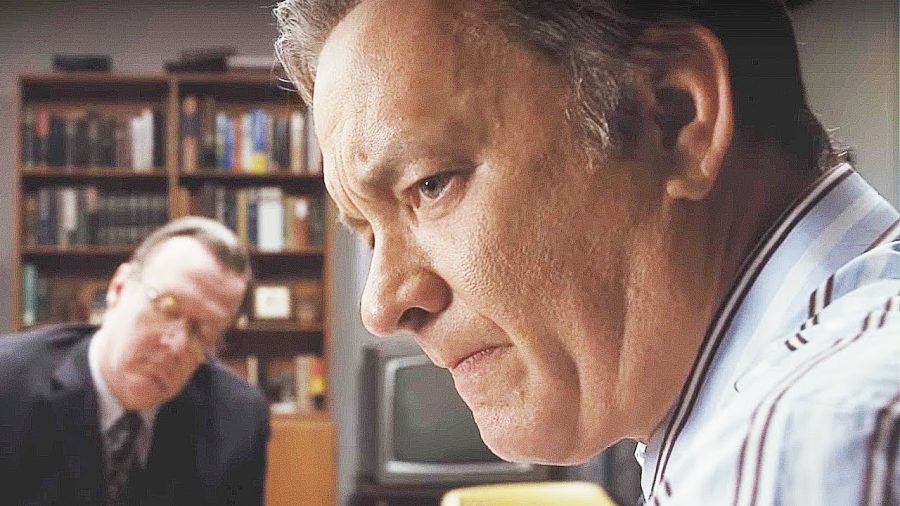The Post Review
January 19, 2018
Steven Spielberg’s The Post is a critical movie, and is inspiring for any journalist today. The film takes place in the 70’s during the Vietnam war, and tells the true story of the Pentagon Papers – papers that ultimately led to Nixon’s impeachment.
For those of you who haven’t studied this historic, complex piece of journalism, here’s the abridged version:
The Pentagon Papers (the document’s official title was United States – Vietnam Relations, 1945–1967: A Study Prepared by the Department of Defense) held sensitive information regarding U.S./Vietnam relations and our progress during the Vietnam war. They were published by the New York Times in 1971, and the Washington Post (with their own series on the papers) later that year.
It’s a fascinating piece of journalism which brought to light questions on censorship for the sake of national security, and what is known as prior restraint.
I won’t delve deeper into this long, convoluted historical event (this is a movie review, after all). So if you want to know more about the real-life story, google or read a history book!
So… How’s the film?
I loved this movie. However, I can’t undermine the film’s flaws. The Post simply doesn’t have enough time to cover both of the topics it attempts to (women in the workplace and freedom of the press).
The project felt rushed. With Spielberg going on the record about how quickly this movie was made, movie-goers should be ready for a choppy, yet enjoyable experience.
I think more time in production would have helped this film, but I have to applaud Spielberg and his team for their work in getting this to screens as quickly as they could, as a result of the current political climate.
There’s a sequence in the beginning of this film, featuring Matthew Rhys in Vietnam, that will make any Spielberg fan’s ears perk up.
As for performances, the entire cast was phenomenal and brought the presence we’ve become used to in a Spielberg film. Meryl Streep conveys so much with a single glance, and is her usual, transformative self. She plays Katherine Grahm, who owned the Washington Post during the time. As a woman in charge, she faces a lot of difficulty with men trying to overpower her presence in the office, on top of people who degrade her because of her gender. With Streep spending a lot of time in the political arena, and not on the film set, its nice to be reminded of her talent here.
As usual, Tom Hanks is charming. Hanks plays the scruffy, radical editor Ben Bradlee. I relayed to his character and admired Tom Hanks as Ben Bradlee. I think he did a fabulous job. If only the people who made his wig did the same…
As a journalist for my school newspaper, I admired what these journalists did and sacrificed. The movie, at times, seemed self-congratulatory about how the press will be what holds the politicians accountable. Politics is hard to cover with a neutral stance, and this movement in history was a step in the right direction to unite journalists and tell the truth. This is a film ripe for our current political climate.
I believe The Post is necessary. It may not be a must-see in theaters, but it’s definitely worth a watch when it releases for home video.






































